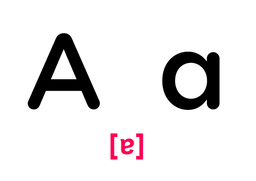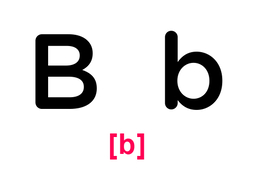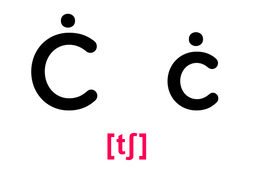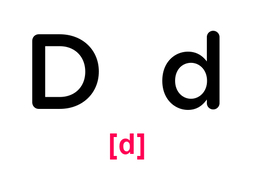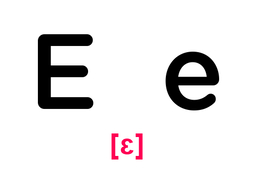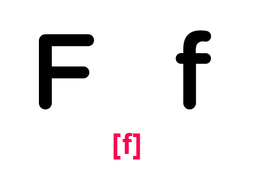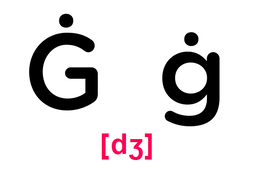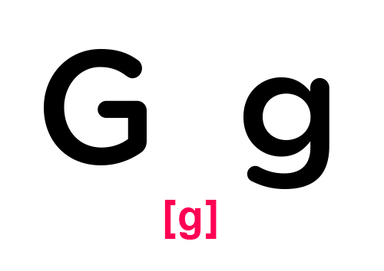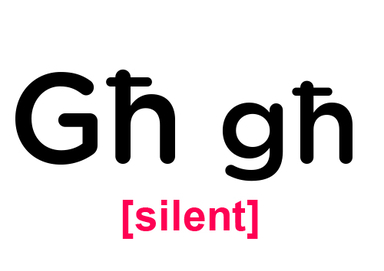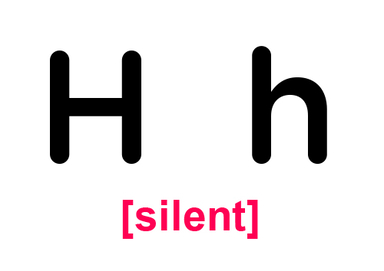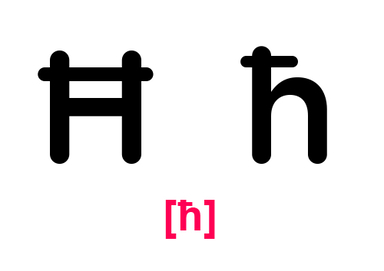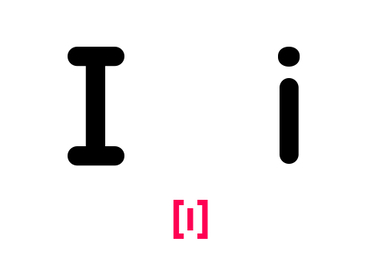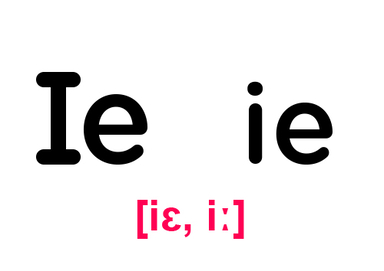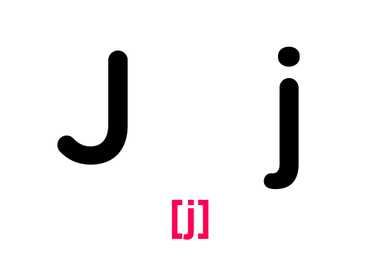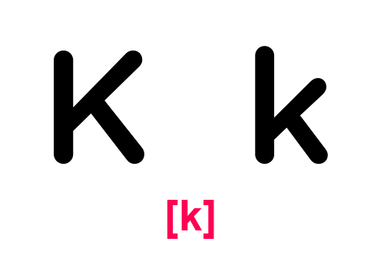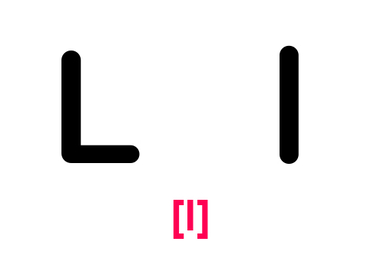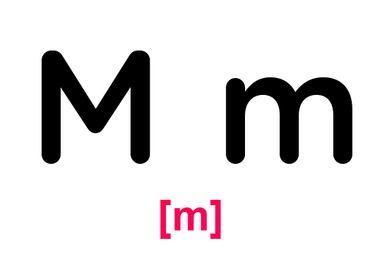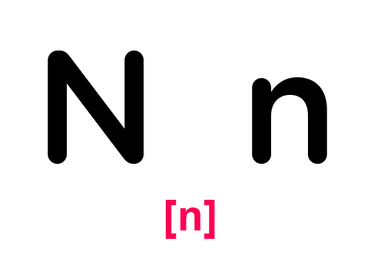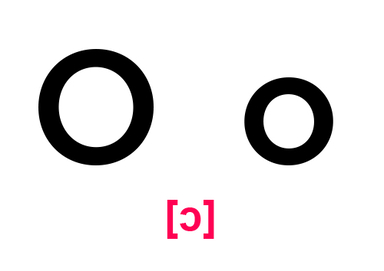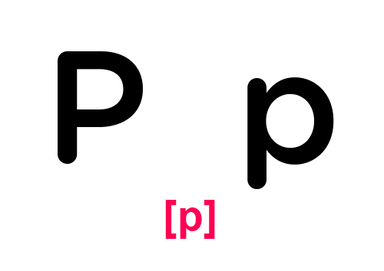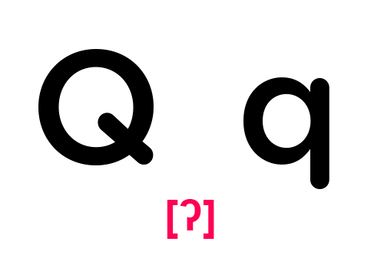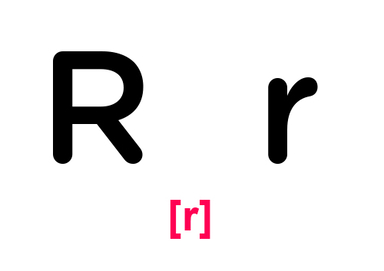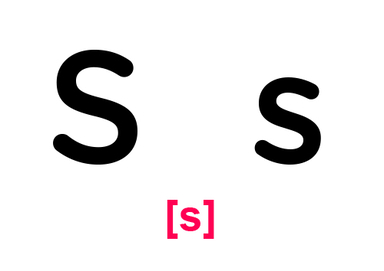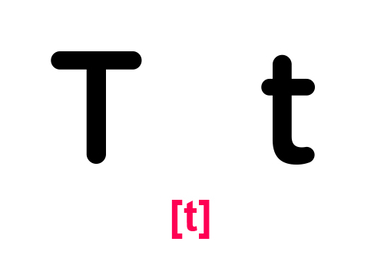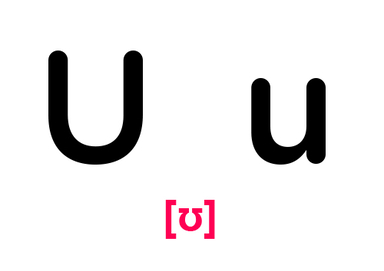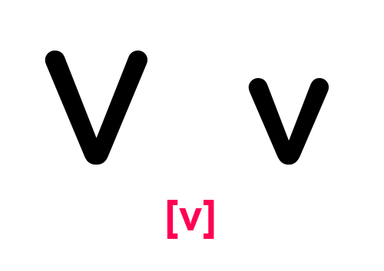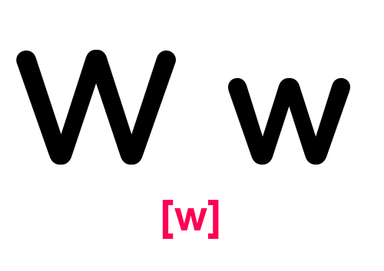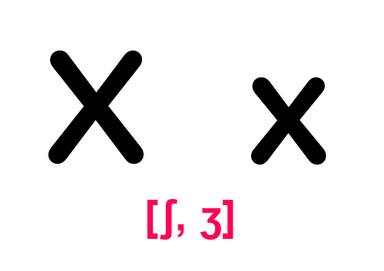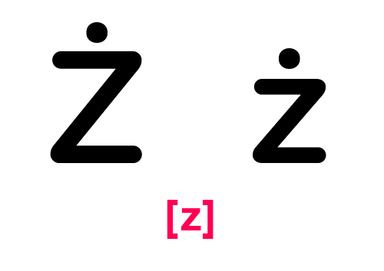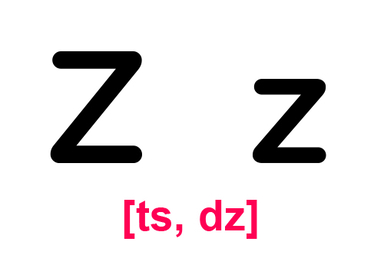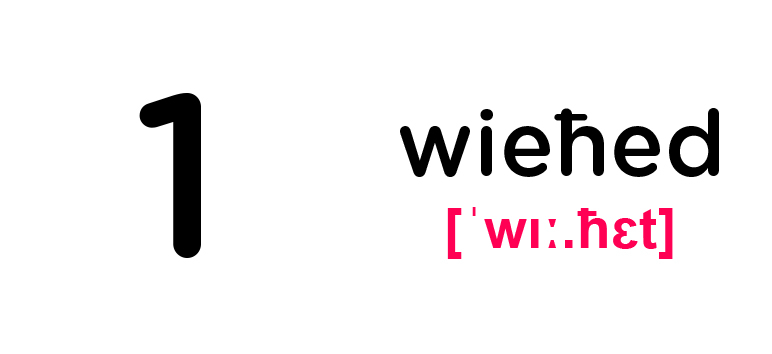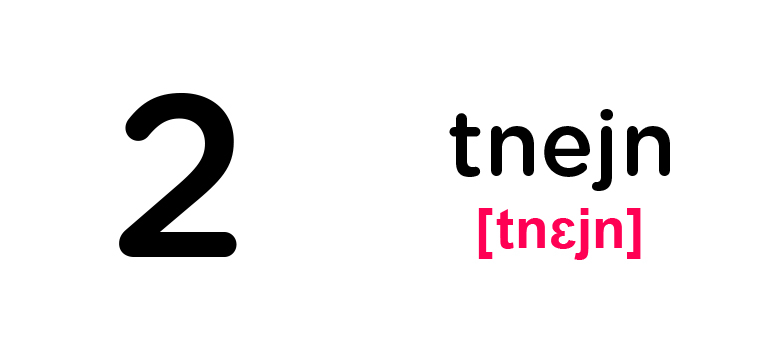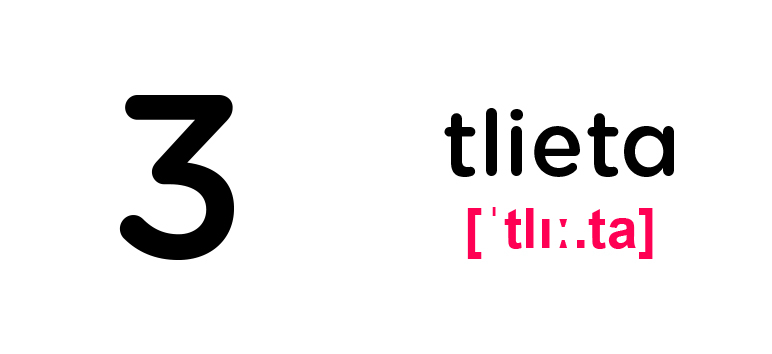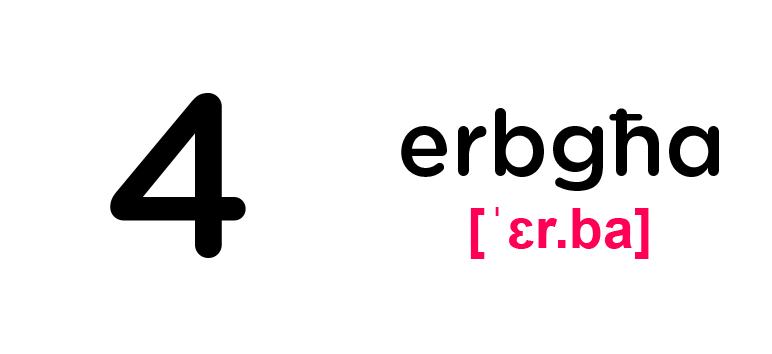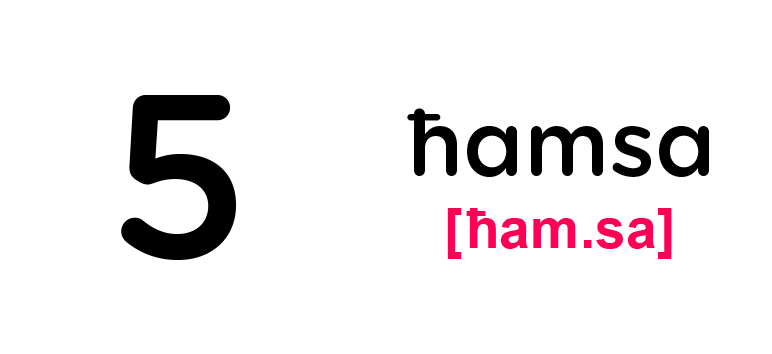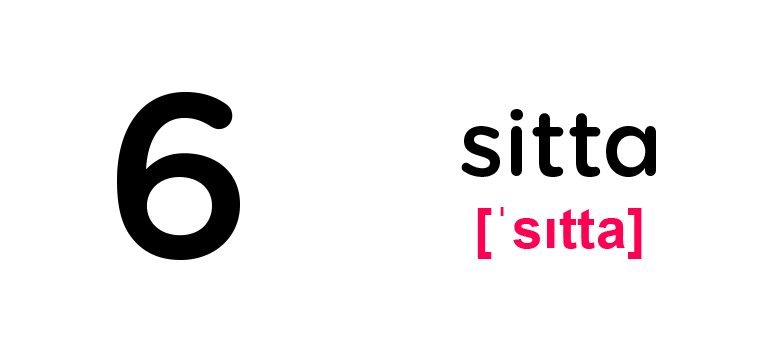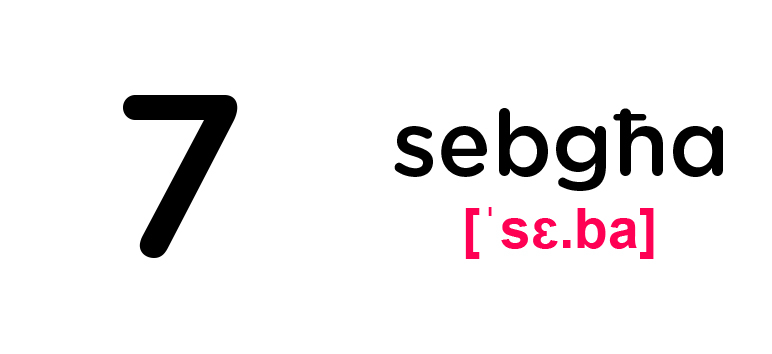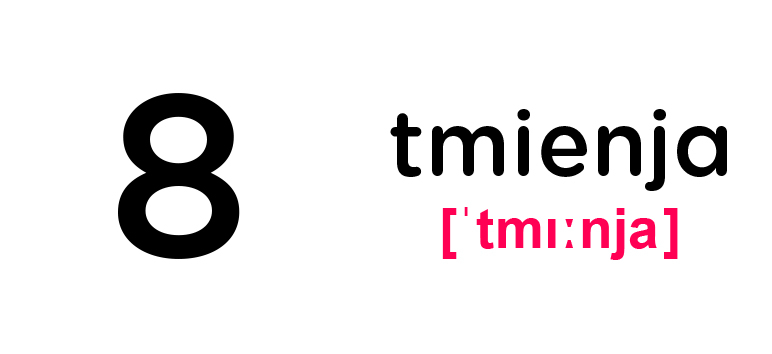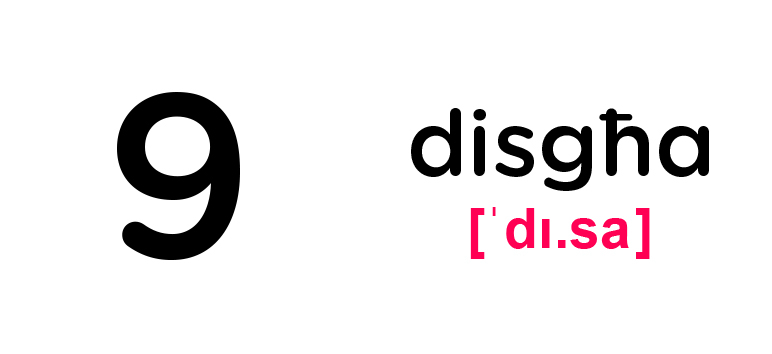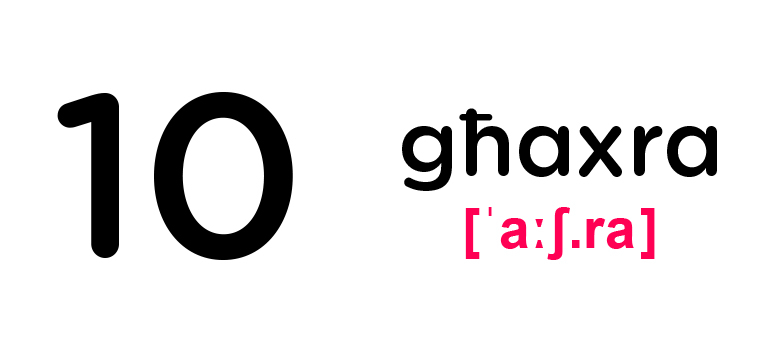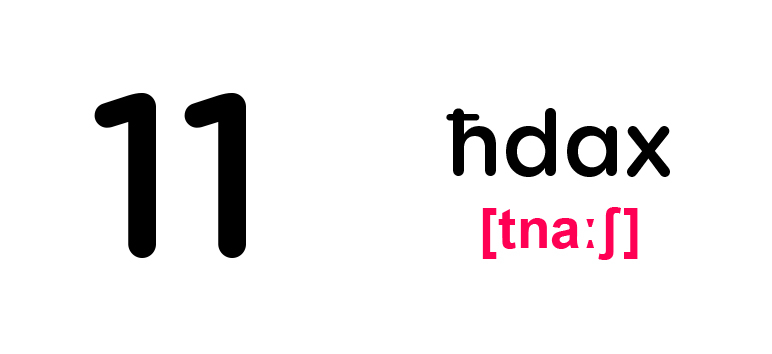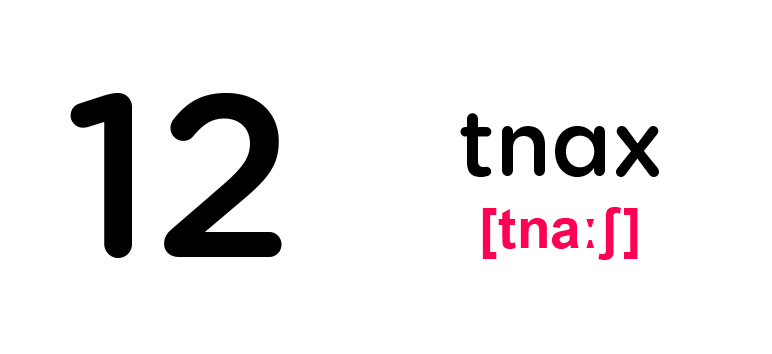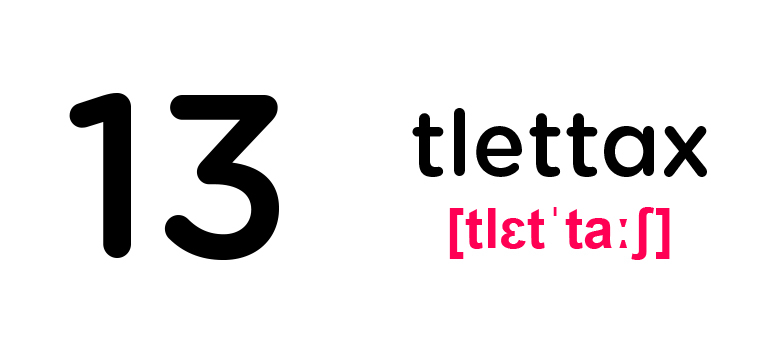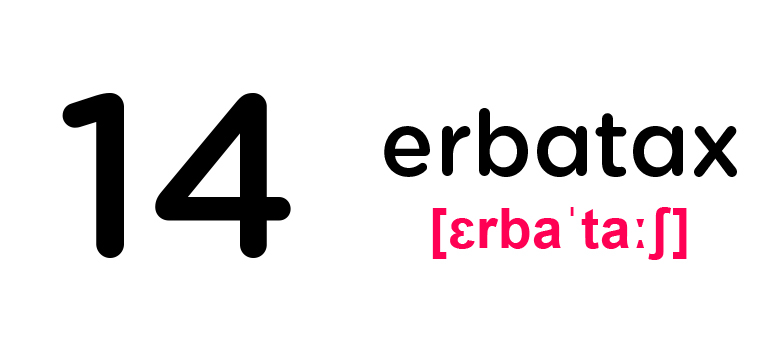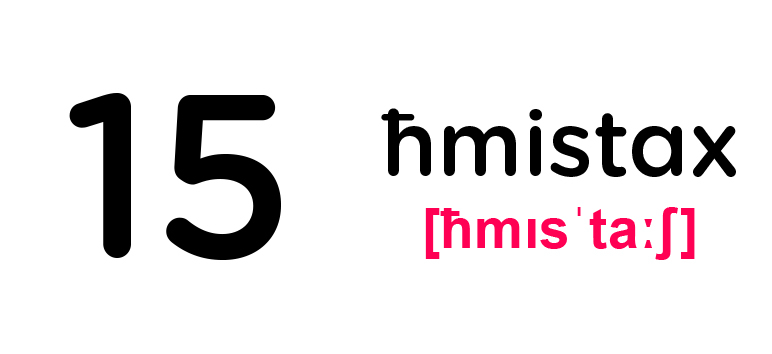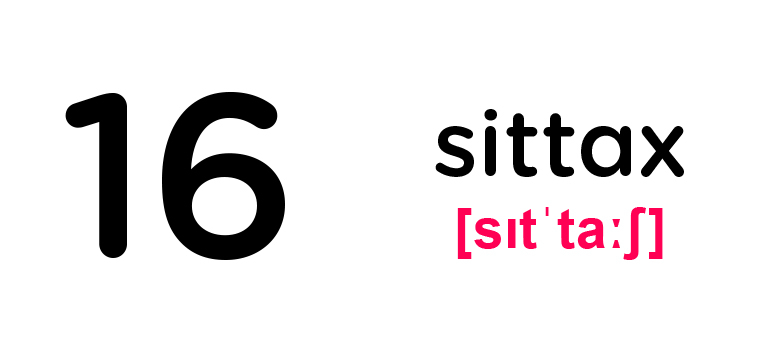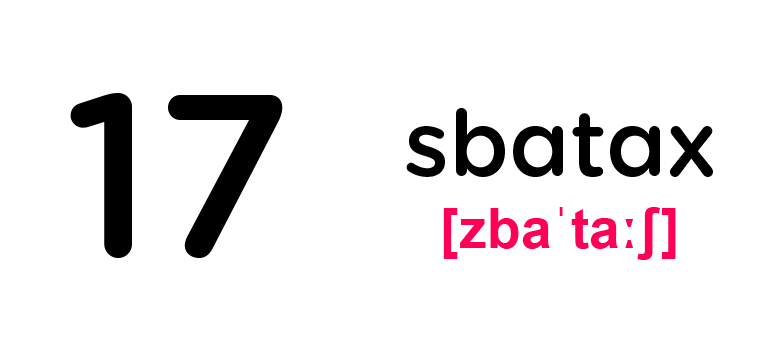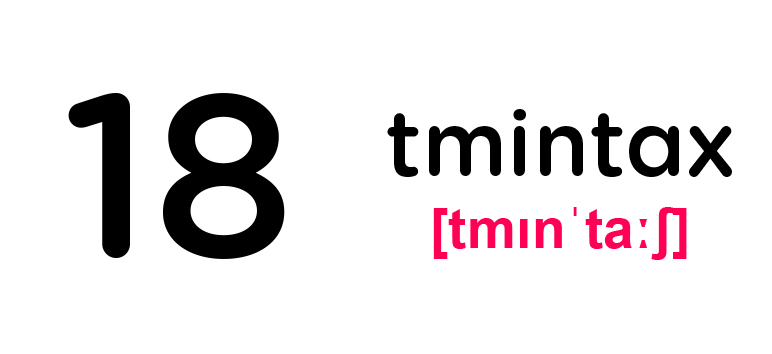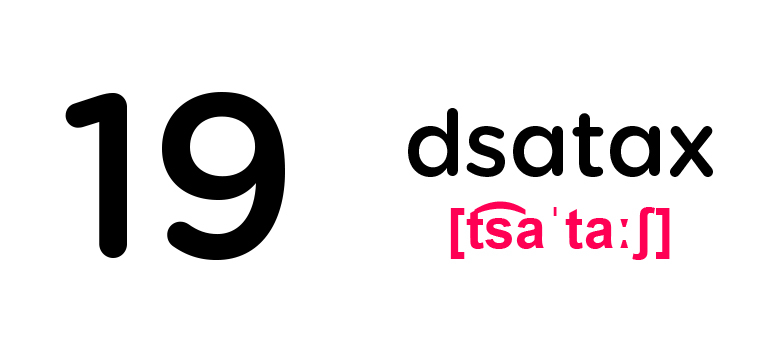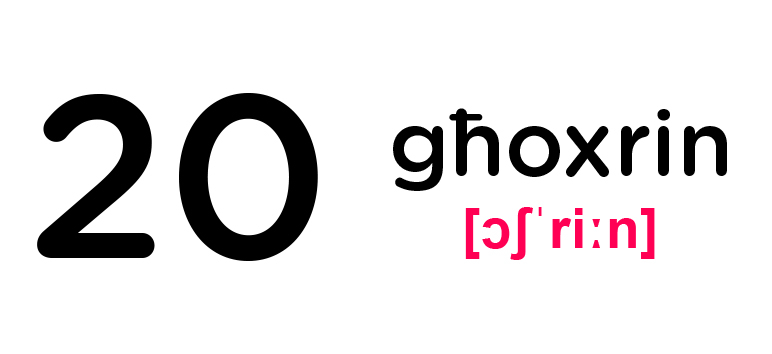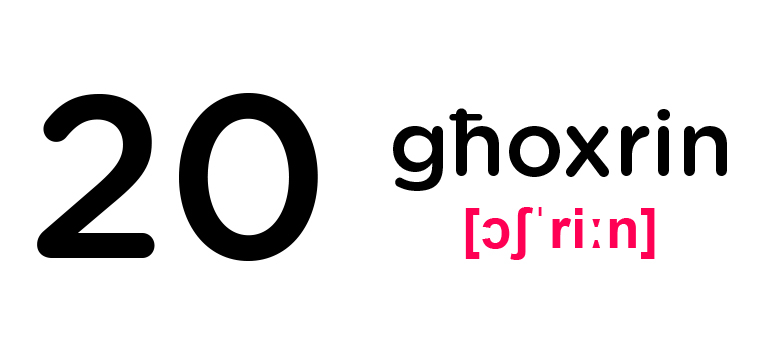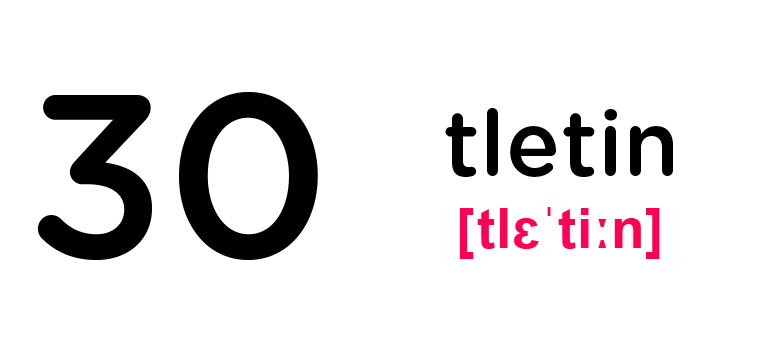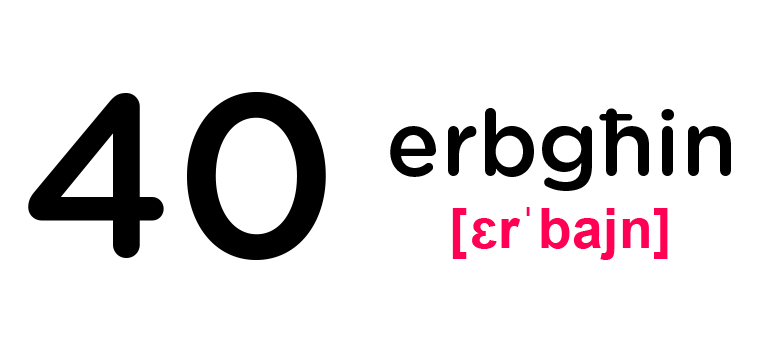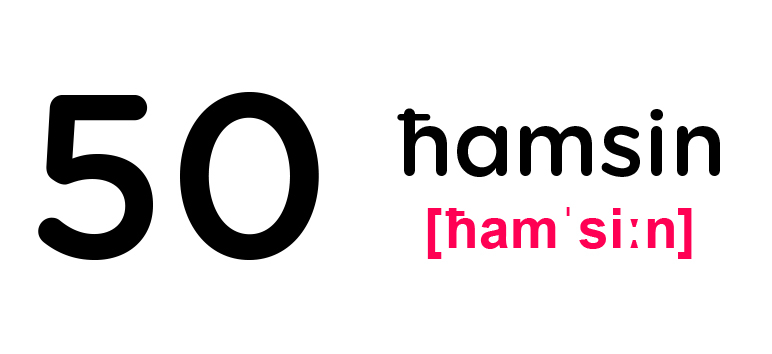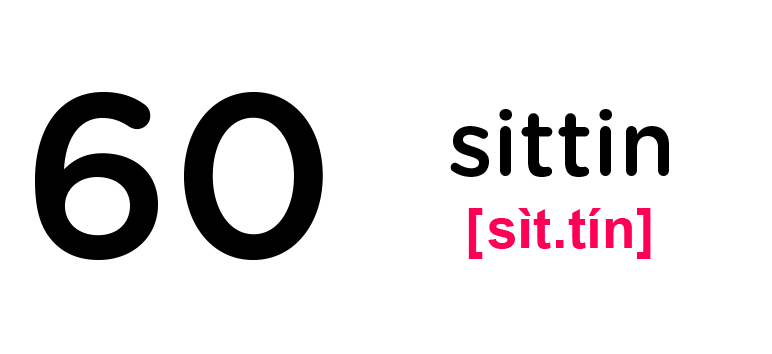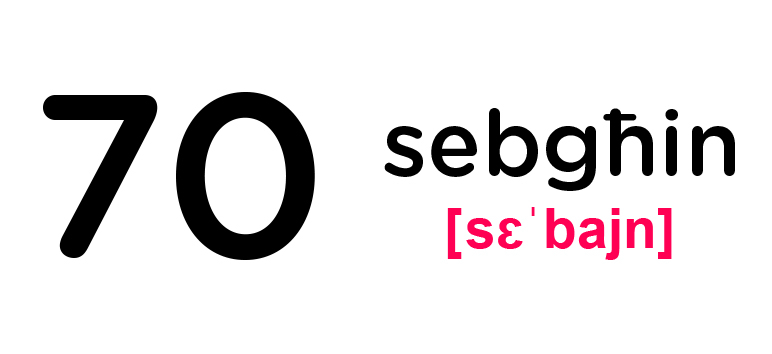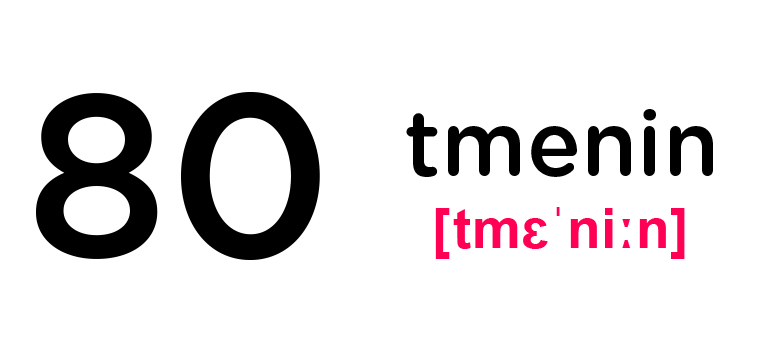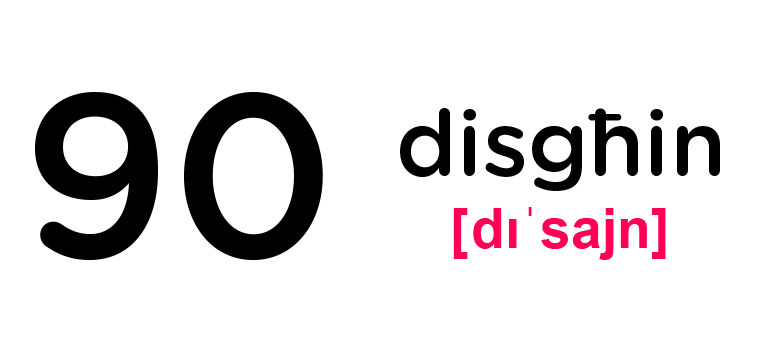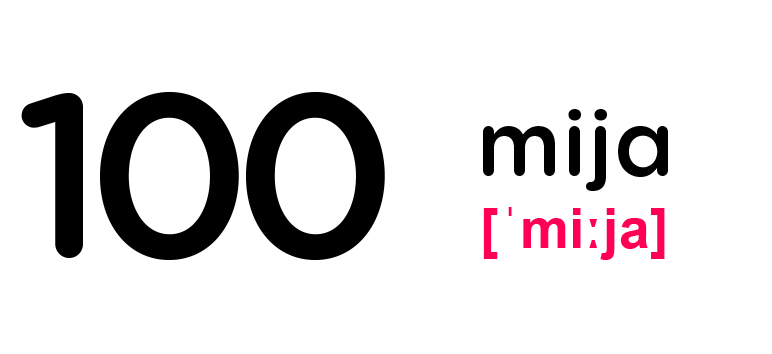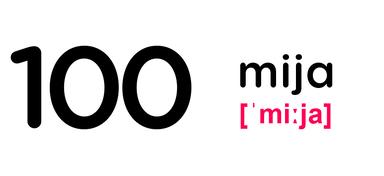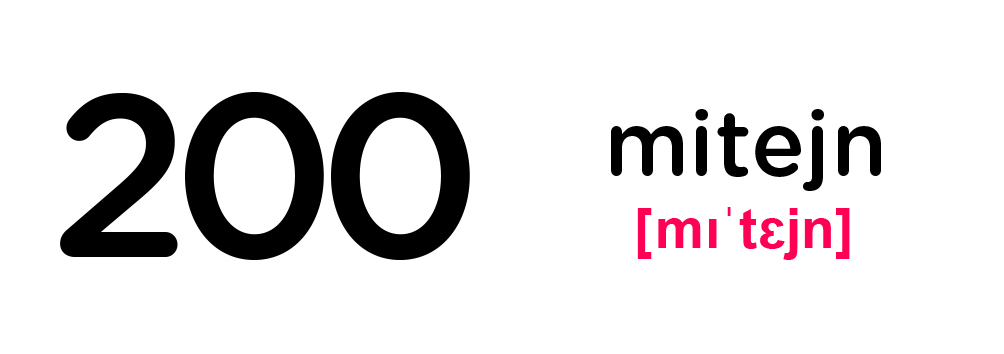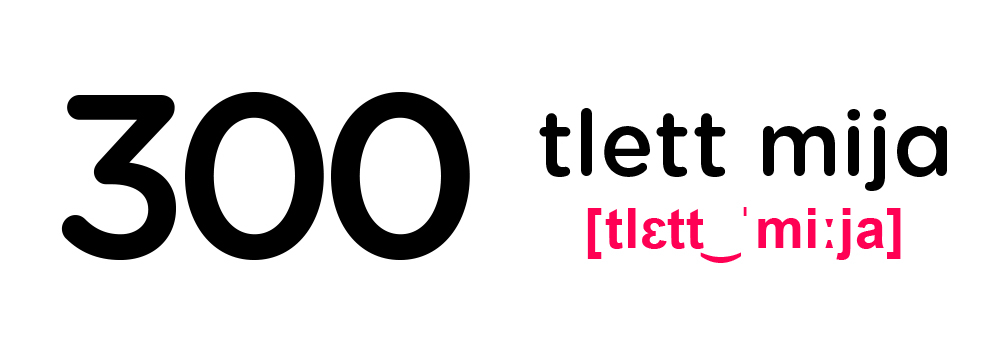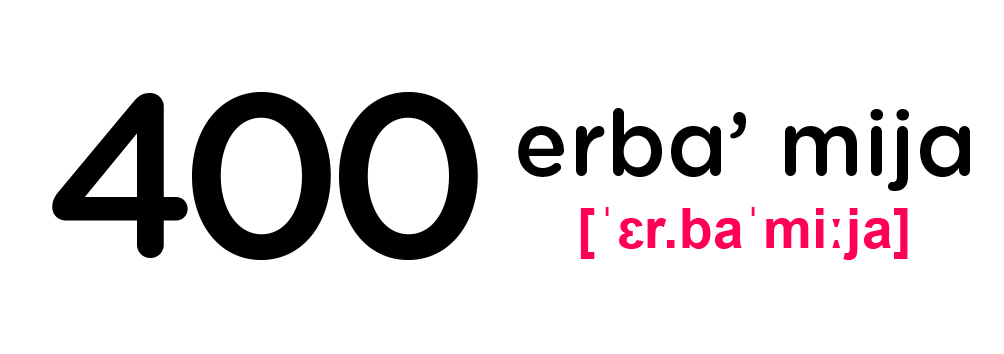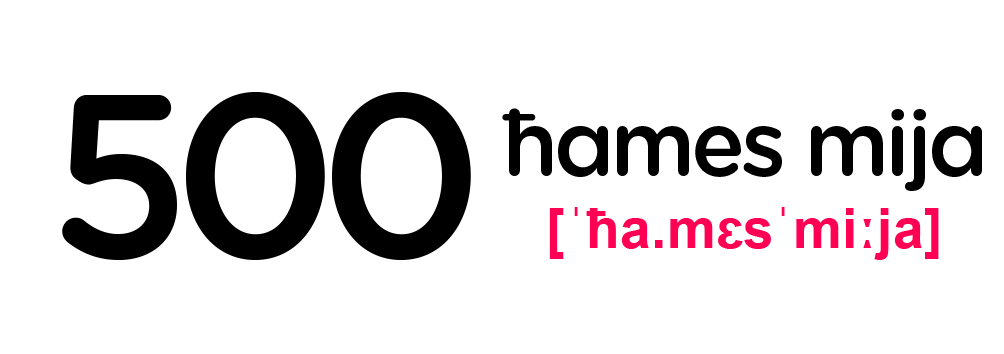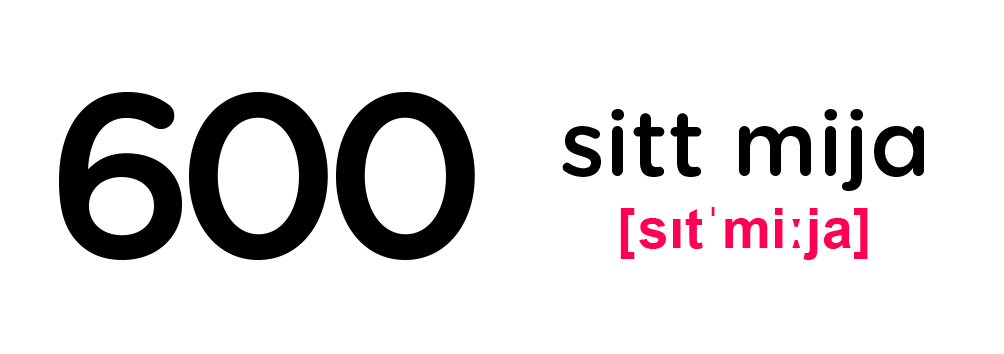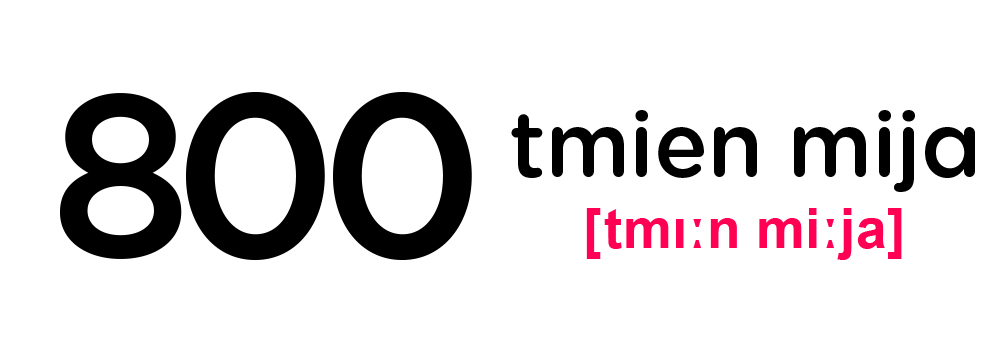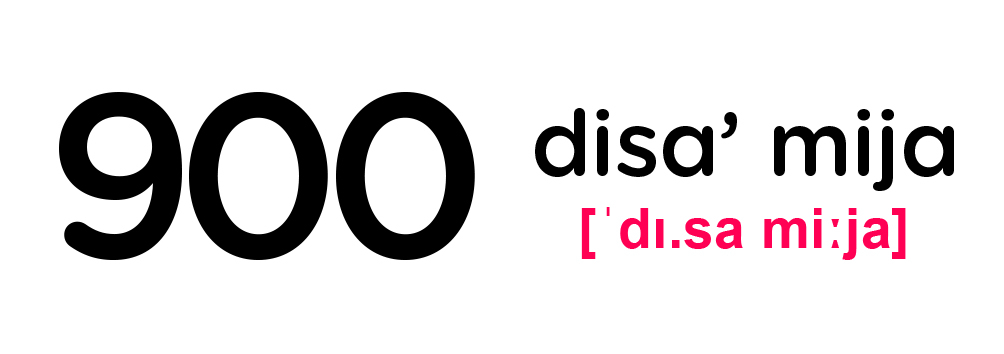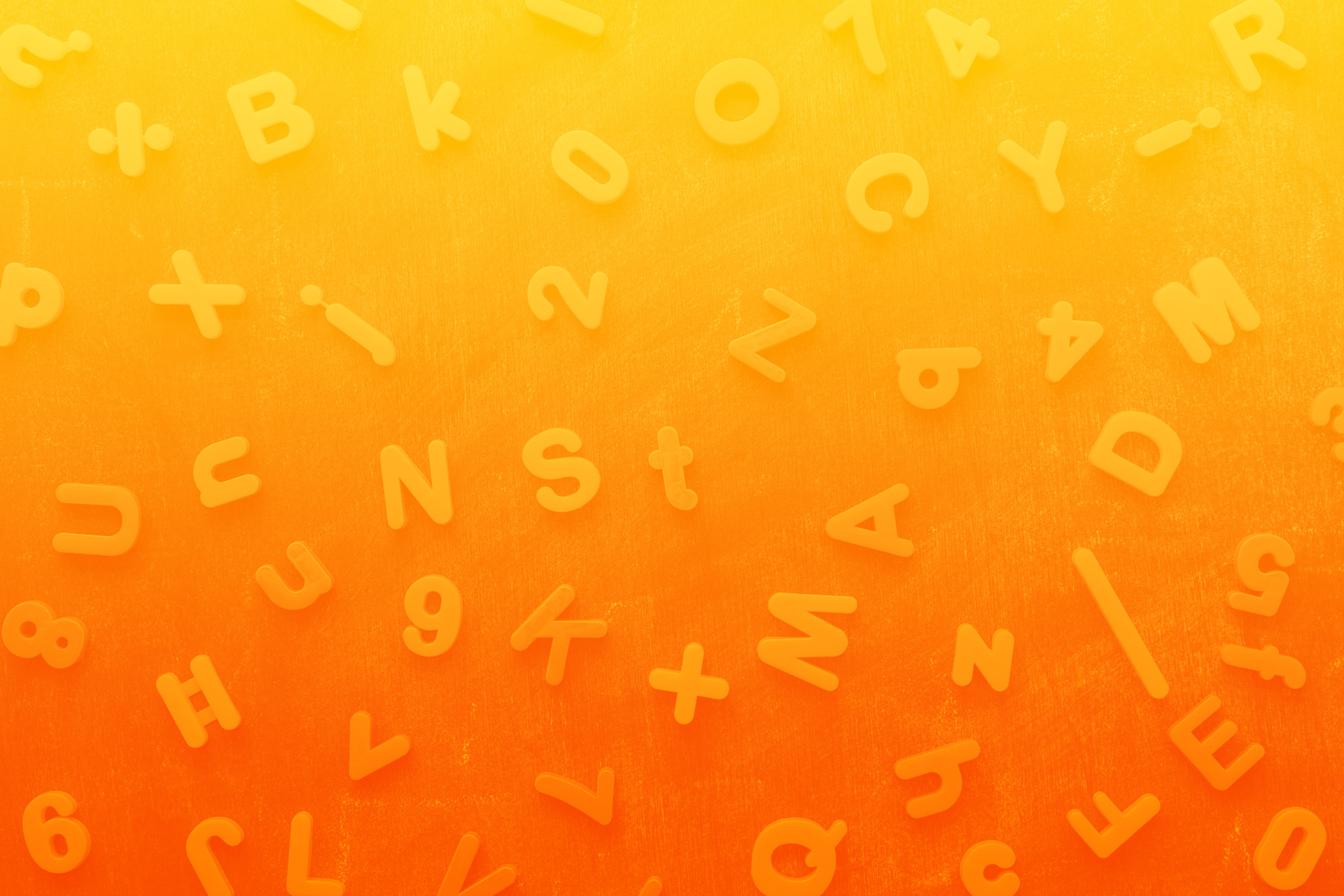
Quick Guides
Kickstart your knowledge in Maltese language by exploring the basics here.
The Alphabet
The Maltese Alphabet consists of 30 letters: 24 consonants and 6 vowels.
The Consonants
In the Maltese language, consonants that are split in two major categories: solar consonants and lunar consonants - and two silent consonants.
🌞the SOLAR consonants are: ċ, d, n, r, s, t, x, z, ż
🌜the LUNAR consonants are: b, f, ġ, g, ħ, j, k, l, m, p, q, v, w
Along with the above, the Maltese language has two silent consonants. These are the 'għ' ( called għajn - /ɐjn/) and the 'h' (called akka - /ɐkkɐ/). As a rule of thumb, the silent letters are followed by a vowel, and the following vowel sound is dragged slightly.
Example:
għasfur = /asˈfuːr/ - "bird"
għeneb = /ˈɛː.nɛp/ - "grapes"
għidli = /ajd'li/ - "tell me"
hawn = /awn/ - "here"
hija = /ˈiː.ja/ - "she"
hemmhekk = /ɛmˈmɛːk/ - "over there"
The Vowels
The Maltese language has six vowels - a, e, i, o, u, ie.
The Maltese alphabet has a sixth vowel 'ie' . The pronunciation is that of a dragged /ɪː/ sound.
Example:
iebes = /ˈɪː.bɛs/ - "hard"
żiemel = /ˈzɪː.mɛl/ - "horse"
ktieb = /ktɪːp/ - "book"
The Numbers
From 1 to 10:
From 11 to 20:
From 21 onwards... (till 99)
From 21 onwards, the numbers in the Maltese language are a combination of the units and the tens. In addition the unit number (for example in 21, the unit number is '1') is read first followed by the tens (in this case '20').
Example:
48 = tmienja (8) u erbgħin (40) - "eight and forty"
33 = tlieta u tletin - "three and thirty"
So the tens would be:
From 100 to 999
From 100 onwards, the hundred is read before the rest of the numbers.
Example:
176 = mija (100) u sitta (6) u sebgħin (70) - "hundred and six and seventy"
412 = erba' mija* (400) u tnax (12) - "four hundred and twelve"
and the hundreds are...
Articles and Particles
The Definite Article
The Maltese language uses the definite article il- (translating to 'the' in English) when referring to something specifically. This article varies depending on the word following it.
For LUNAR consonants: il-
For SOLAR consonants: the 'l' is replaced with the initial letter of the following word.
Example:
🌜LUNAR consonants
il-ballun - 🏀
il-ġelat - 🍦
il-ħobż - 🍞
il-fenek - 🐇
il-jum - 🏞
il-kelb - 🐶
il-granċ - 🦀
il-maskra - 😷
il-lapes - ✏️
il-qamar - 🌙
il-papra - 🦆
il-werqa - 🍁
il-vapur - 🛳
🌞 SOLAR consonants
iċ-ċirasa - 🍒
id-dar - 🏠
ir-rixa - 🪶
is-serp - 🐍
it-tajra - 🪁
ix-xita - ☔️
iz-zokk - 🪵
iż-żrinġ - 🐸
t
t
t
t
t
For vowels (a, e, i, o, u, ie) and silent letters (għ, h) the article is l- .
Example in context:
Illum nieżla ix-xita, għalhekk ser noqgħod id-dar. Il-kelb tkebbeb taħt il-gverta peressli il-bard. Meta l-arju jibnazza, forsi noħroġ. translation: "Today it's raining, so I am staying at home. The dog is wrapped under the blanket because it's cold. When the weather improves, maybe I'll go out."
P.S. - the Maltese language does not use the indefinite article.
The Euphonic Vowel 'i'
The vokali tal-leħen (voice vowel) 'i' is sometimes added to the word following the article l-. This eases pronunciation.
The Euphonic Vowel 'i' is added to words starting with the SOLAR consonant m, n, r, s, x and followed by another consonant.
Example:
skola = l-iskola - "the school"
xmara = l-ixmara - "the river"
nbid = l-inbid - "the wine"
Particles
Particles are small words that show relation to other words in a phrase or sentence. In the Maltese language, there are cases were particles are also combined with articles.
Common Particles in the Maltese Language
ma' - (together) "with" [maː]
ta' - "of" [ta:]
sa' - "until / as far as" [sa:]
ġo - "in" [dʒɔ]
bi - "with" (the use of) [bi]
fi - "in / within" [fi]
bħal - "like" [pħaːl]
lil - "to" [lɪl]
għal - "for" [aːl]
xi - "some / any" [ʃɪ]
minn - "from / than / by" [mɪn]
In the Maltese language, the most above mentioned articles (all besides "xi") can be combined with the definite article as shown below:
Particle
Ma' + il- = mal-
Ta' + il- = tal-
Sa' + il- = sal-
Ġo + il- = sol-
Bi + il- = bil-
Fi + il- = fil-
Lil + il- = lill-
Bħal + il- = bħal-
Għal + il- = għal-
Minn + il- = mill-
Translation
"with the"
"of the"
"until the"
"in the"
"with the"
"within the" / "in the"
"to the" / "to the"
"like the"
"for the"
"from the" / "by the"
Further to the above, the same article rule of the LUNAR and SOLAR consonants applies to particles. For instance "mal-" would change to "mas-", "mat-", "maċ-" etc. and it applies to all the above listed particles.
Sometimes Particles are Shortened...
Particles bi and fi are shortened as b' and f' in front of words starting with one consonant or words that start with a vowel, għ or h.
Example:
f'dar kbira - "in a big house"
b'ajruplan kbir - "with a big airplane"
The particles sa, ma' and ta' can also be shortened in front of words starting with a vowel, għ or h (but its not compulsory).
Example:
ma' ommi = m' ommi - "with my mother"
sa Għawdex = s' Għawdex - "as far as Gozo"
ta' Anna = t' Anna - "belonging to Anna"
Pronouns
Jiena - "I (am)" [ˈjɪː.na]
Inti - "You (are)" [ɪntɪ]
Huwa - "He (is)" [ˈuː.wa]
Hija - "She (is)" [ˈiː.ja]
Aħna - "We (are)" [ˈaħ.na]
Intom - "You (are)" [ɪntɔm]
Huma - "They (are)" [ˈuː.ma]
Nouns and Adjectives
TIP: Maltese language does not have a 'neutral gender'. Meaning that all nouns are either masculine or feminine. Similarly, the adjective changes depending on the nouns.
Building a Sentence
Copyright © 2021 Pocket Tutor. All rights reserved.
About
About the Project
Using Pocket Tutor
Made in Typedream
